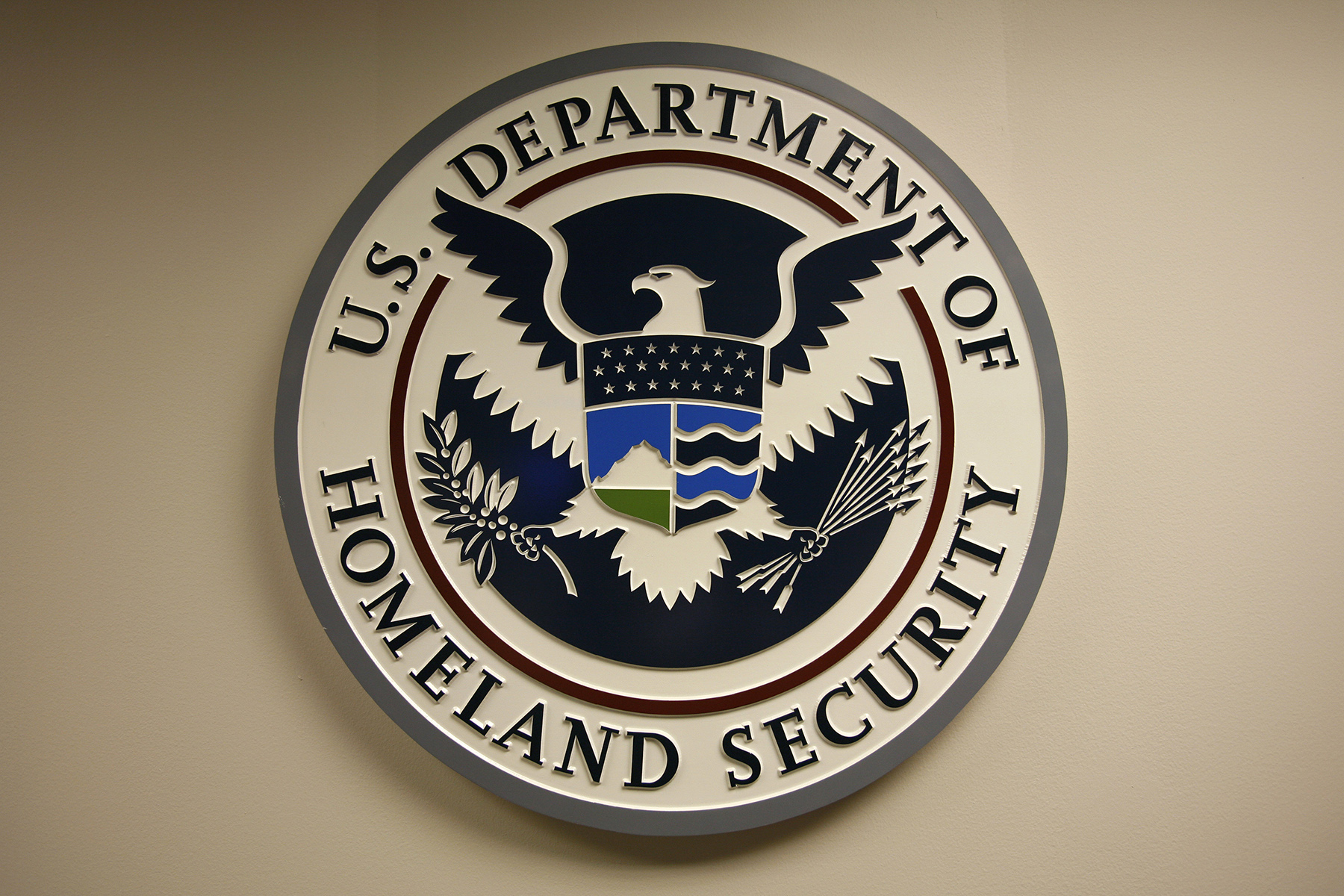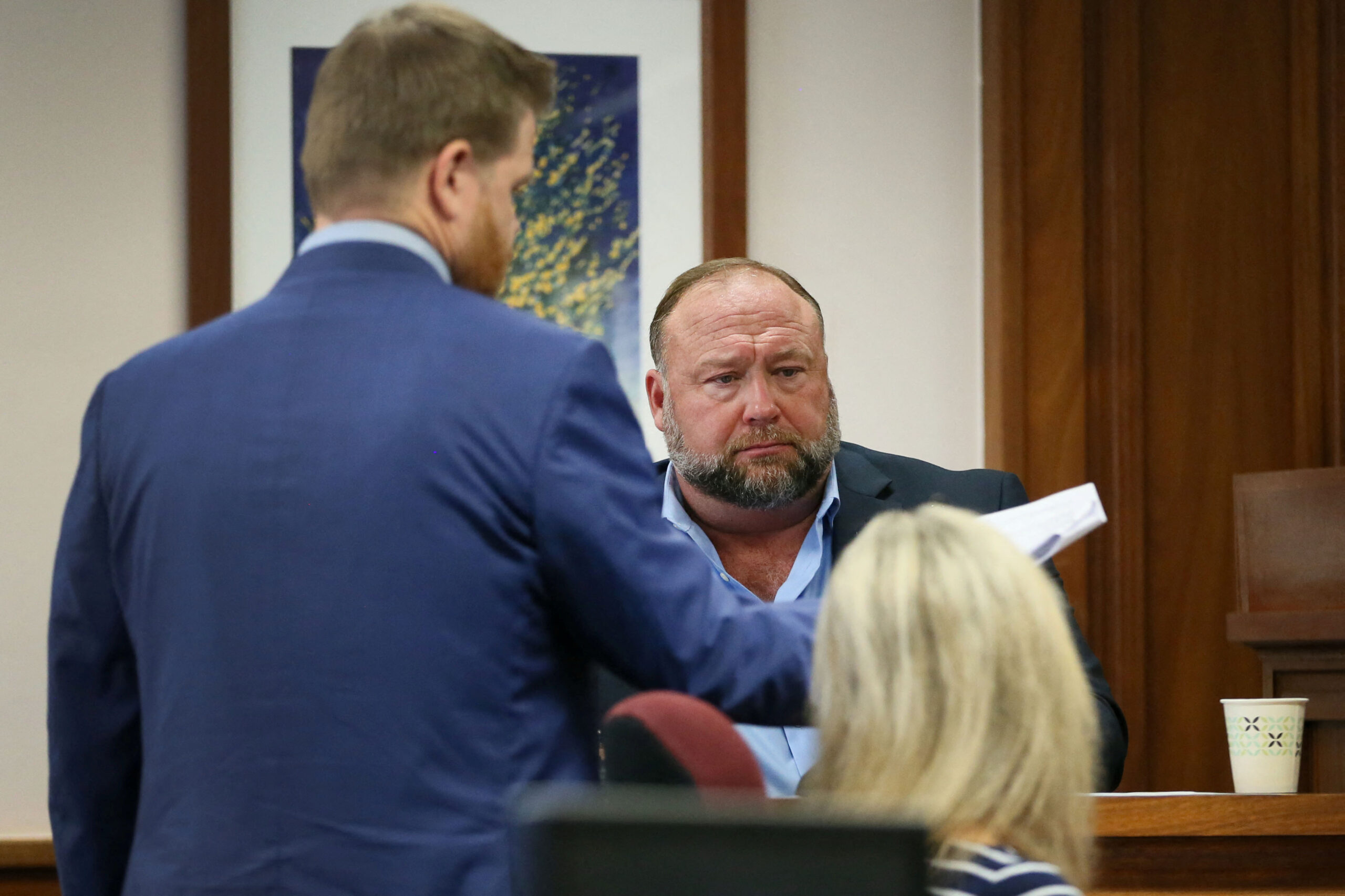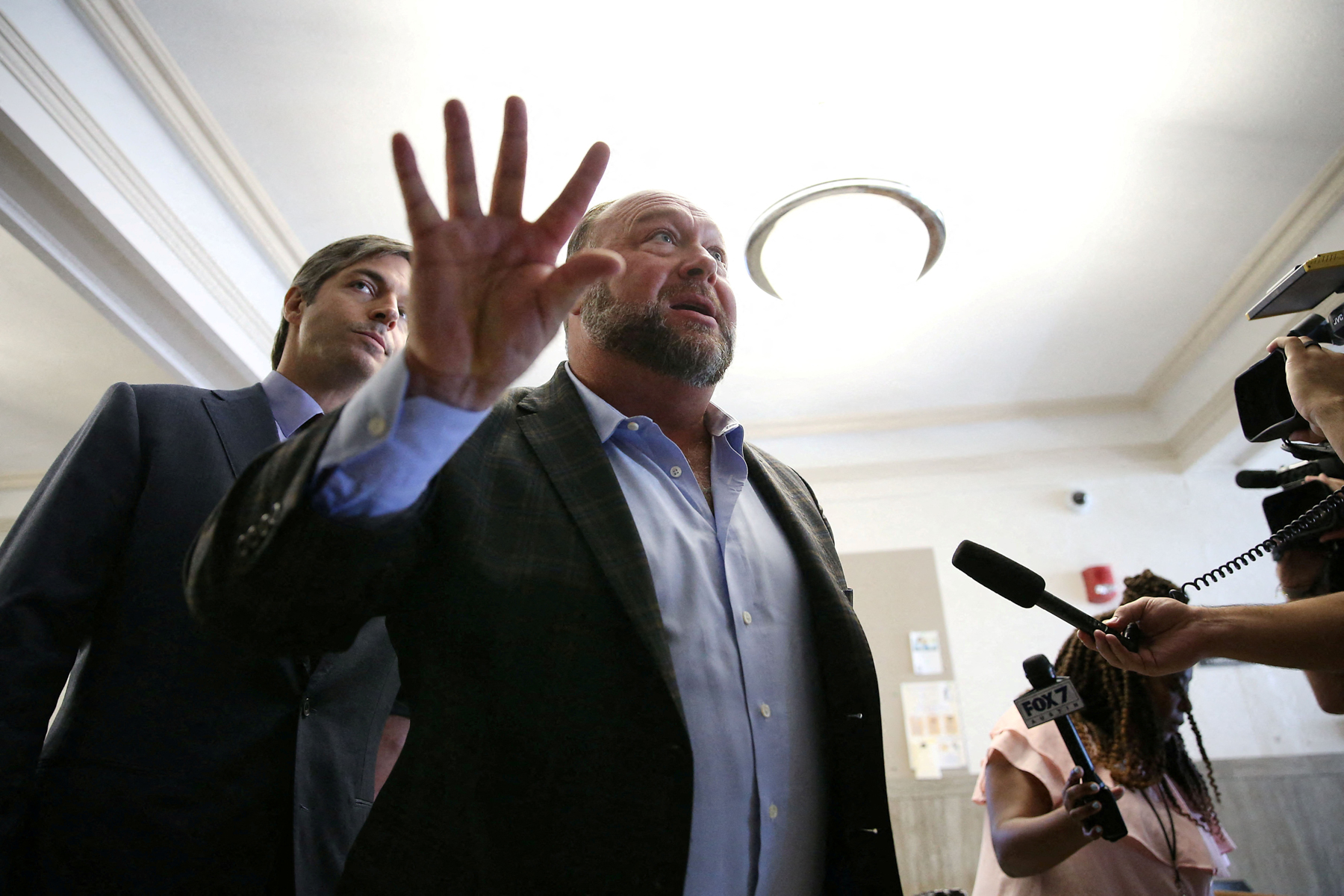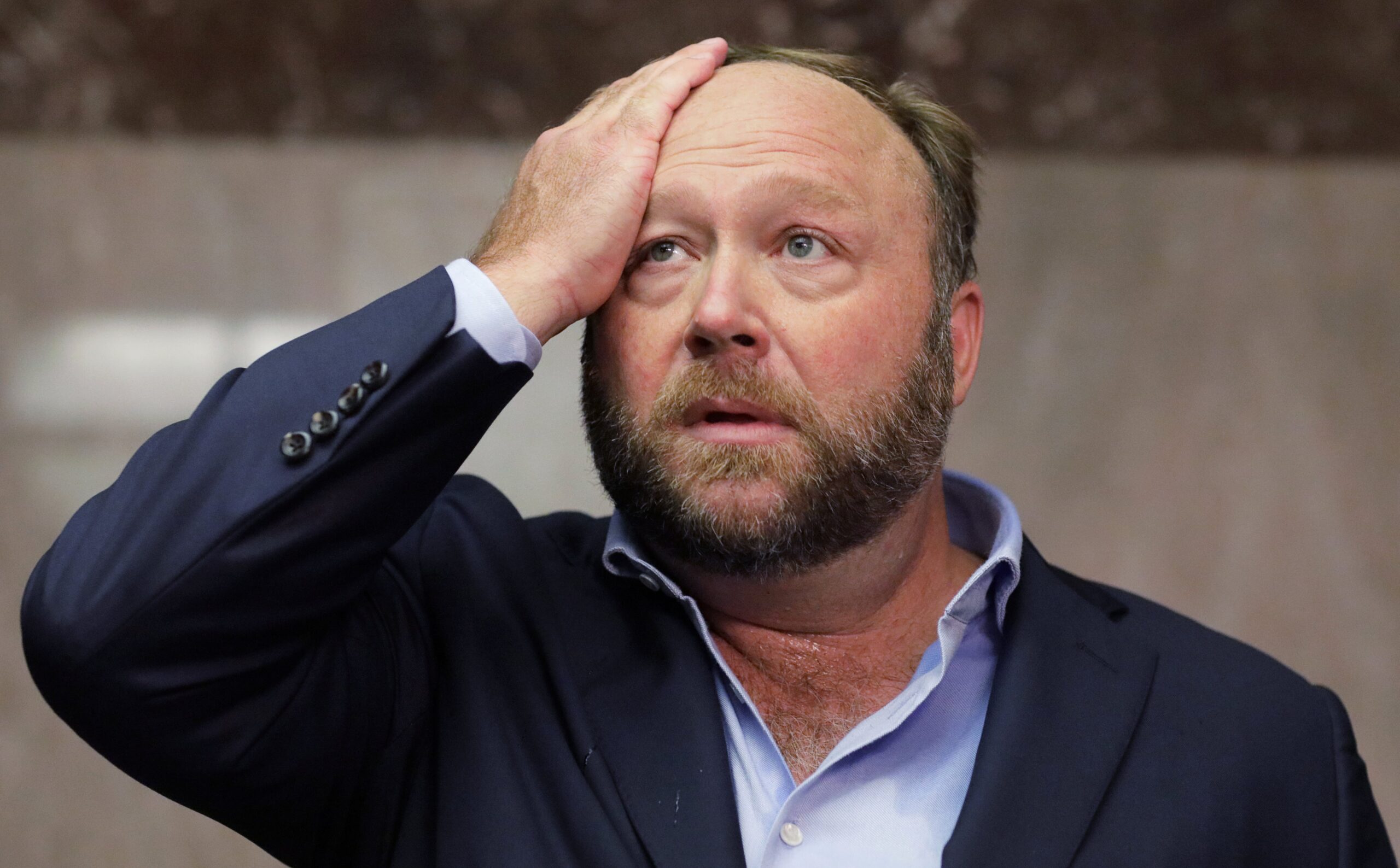By Soraya Ferdman
The Fox Corporation is claiming that its coverage of former-President Donald Trump’s efforts to challenge the results of the 2020 presidential election is protected by the First Amendment.
The company is currently being sued for $2.7 billion by Smartmatic, a voting technology company, that says it expects to lose millions of dollars because of damage to its reputation caused by numerous false statements aired on Fox news. The suit alleges that Trump lawyers Rudy Giuliani and Sidney Powell “conspired” to spread a false narrative about the election and “enlisted and used Fox News to further this conspiracy.”
Smartmatic also claims that Fox anchors Jeanine Pirro, Lou Dobbs, and Maria Bartiromo brought on Giuliani and Powell to spread baseless rumors that Smartmatic’s technology was used to rig the election in favor of President Joe Biden, and that the anchors“purposefully avoided learning the truth” about Giulani’s and Powell’s claims.
In its 44-page brief, filed on February 8th in New York Supreme Court, New York County, Fox’s lawyers argue that they had a First Amendment privilege to report newsworthy allegations–even false ones–in a neutral way. They also claim that Smartmatic failed to establish a key requirement of a defamation claim—that Piro, Dobbs, and Bartiromo acted with “actual malice,” that is, that they published the information knowing it to be false or with reckless disregard of whether it was false.
“When a sitting President and his surrogates claim an election was rigged, the public has a right to know what they are claiming, full stop. When a sitting President and his surrogates bring lawsuits challenging election results, the public has a right to know the substance of their claims and what evidence backs them up, full stop. In that context, interviewing lawyers advocating for the President is fully protected First Amendment activity, whether those lawyers can eventually substantiate their claims or not.”
Here, Fox’s lawyers are referring to a First Amendment privilege known as “neutral reportage” which is recognized in a minority of jurisdictions but not in New York state courts, where the suit was filed. That privilege provides media organizations with a defense against libel claims when they republish newsworthy allegations made by prominent figures, even if they are false. The privilege was first established by the United States Court of Appeals for the Second Circuit in Edwards v. National Audubon Society (1977) when The New York Times published statements from the National Audubon Society accusing certain scientists of purposefully lying about the effects of insecticide on bird populations. Though the journalist had private doubts about the accuracy of the claims against the scientists, he thought the public would be interested in what was being alleged in such an important public controversy. In siding with the journalist, the court reasoned that:
“We do not believe that the press may be required under the First Amendment to suppress newsworthy statements merely because it has serious doubts regarding their truth. Nor must the press take up cudgels against dubious charges in order to publish them without fear of liability for defamation… The public interest in being fully informed about controversies that often rage around sensitive issues demands that the press be afforded the freedom to report such charges without assuming responsibility for them.”
Still, defamation experts warn this privilege isn’t absolute. Lyrissa Lidsky, Dean of University of Missouri School of Law, says Fox would still have to show they were neutral in how they reported the statements.
“[E]ven in jurisdictions that recognize a privilege or defense for repeating newsworthy accusations, the media’s reporting must be accurate and disinterested, and they cannot avoid liability if they endorse or ‘sign onto’ defamatory accusations they know to be false,” Lidsky said in an email.
George Freeman, the executive director of Media Law Resource Center, said that while New York State courts do not recognize the neutral reporting privilege, it’s nonetheless an important First Amendment protection for news outlets. “I’m very strongly in support of neutral reportage, which protects the most basic functions of the press—reporting neutrally what differing responsible speakers say about controversial public issues,” Freeman said, though he was unsure of whether it would apply here. “The question is whether Fox was just allowing those spokesmen to air their opinions, or whether the Fox moderators were endorsing/repeating/vouching for the false facts. If there are instances of that, they would be in trouble.”
Smartmatic’s lawsuit points to a number of instances where Fox anchors appeared to endorse the views of their guests, or contributed additional falsehoods. For example, in an interview with Rudy Giuliani on November 12, 2020, anchor Lou Dobbs claimed votes counted using Smartmatic were “not auditable” because they had been “sent out of the country.” At the end of the segment, Dobbs thanked Giuliani for “pursuing what is the truth and straightening out what is a very complicated and difficult story.
In an interview with Giuliani on November 15, 2020, Bartiromo stated that Dominion Voting Systems, a separate voting company with contracts in battleground states, used Smartmatic’s software to tabulate votes. Dominion says on its website that it does not use Smartmatic software, and Smartmatic has made clear its technology was only used in Los Angeles County.
Beyond the neutral reportage privilege, Fox defended its broadcasts by arguing that Smartmatic cannot meet the requirements of proving its defamation claim. Smartmatic will have to prove that assertions about it on Fox News were false, and will then have to show that Fox acted with a high degree of fault known as “actual malice”. In defamation law, actual malice is a particularly difficult standard to prove because the plaintiff has to show evidence that the defendant knew the assertions were false and aired them anyway, or that they published with a reckless disregard for whether they were true or not.
In their complaint, Smartmatic says that Fox “had obvious reasons to doubt” Giuliani and Powell because the two repeatedly failed to provide evidence to support their claims. The suit also argues that Fox deliberately ignored publicly available information that would have shown that Smartmatic election software was not used by Dominion in contested states.
“Fox News did not attempt to email Smartmatic to obtain basic information, such as its role in the 2020 U.S. election, before its first broadcast accusing Smartmatic of fraud in connection with the election. This could have been easily done, and it is telling that the Fox Defendants avoided getting this type of information from the company.”
Fox claims that the evidence Smartmatic put forth is not enough to prove that their anchors knew or had serious doubts about Trump’s allegations. “At most,” Fox lawyers claim that these points add up to a failure “to investigate its guests’ statements in advance,” which they argue is not enough to sustain a finding of intentional or reckless falsehood.
This is not the only lawsuit filed against Giuliani and Powell for spreading false rumors about the election. In January, Dominion sued Giuliani and Powell in separate $1.3 billion defamation lawsuits for spreading similar false claims that the company’s technology had been used to steal the election from Trump.
Tags



